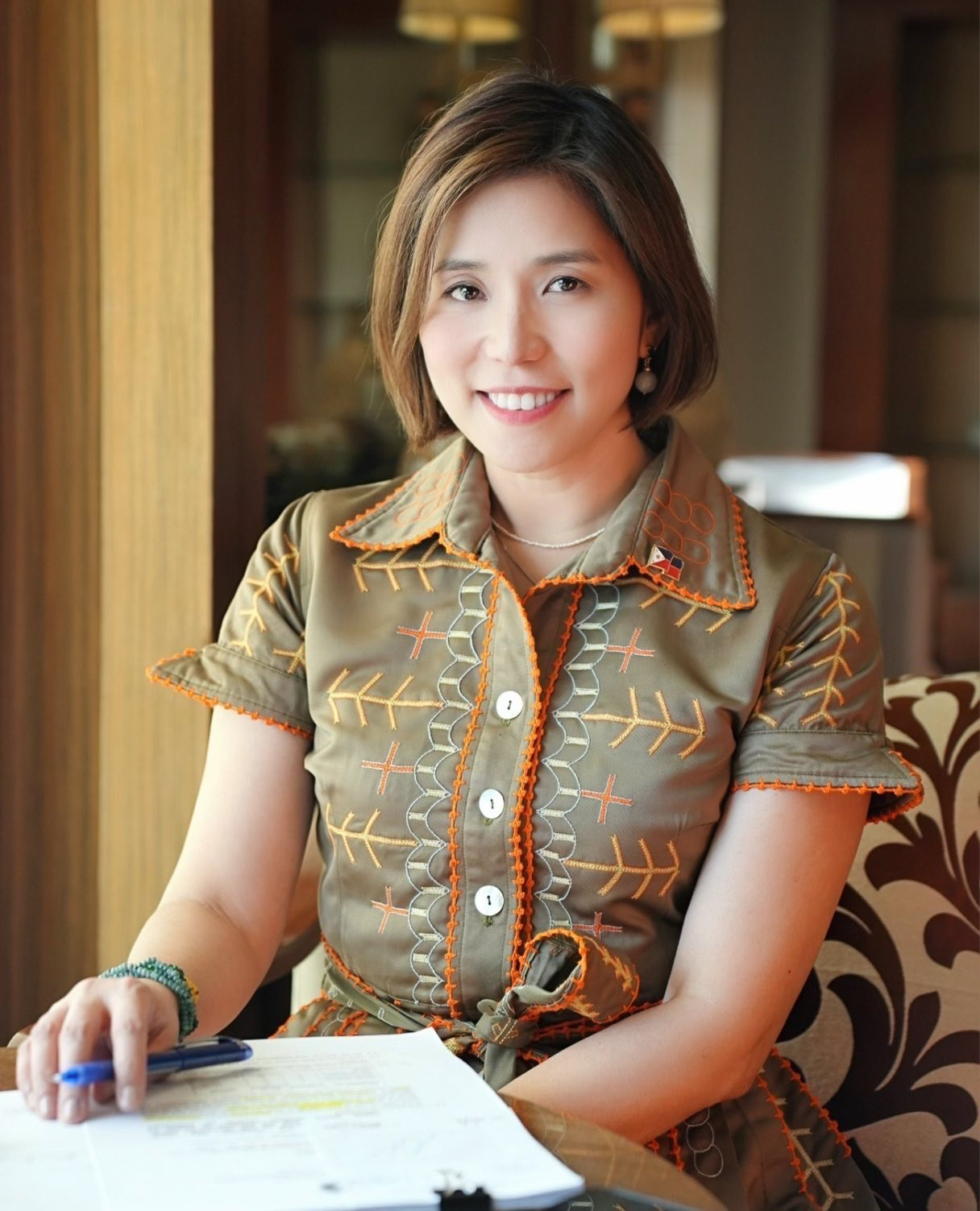BEYOND BUDGET

Assalamu alaikum wa Rahmatullahi wa Barakatuh.
Last Sept. 26, 2024, I had the honor of speaking — as the chairperson of the Philippine-Open Government Partnership (PH-OGP) — at the OGP Leaders Roundtable at the Ford Foundation as one of the side events during the 79th United Nations General Assembly (UNGA) in New York City.
The Philippines was warmly welcomed as an incoming member of the OGP Steering Committee, joining Brazil, Estonia, Morocco, and the United Kingdom, with our term starting just yesterday, Oct. 1.
The OGP is a multilateral initiative aimed at securing commitments from national and sub-national governments to promote public participation in government, combat corruption, and improve governance. The Philippines is one of its founding members, along with the United States, the United Kingdom, Mexico, Brazil, Indonesia, and Norway.
During the Roundtable, OGP Chief Executive Officer (CEO) Sanjay Pradhan highlighted three key strengths of OGP. First, OGP has grown into a major global platform since it was founded at UNGA in 2011 as it now encompasses 77 countries, 150 local governments, and thousands of civil society organizations (CSOs). Second, OGP delivers, as proven by the fact that government and CSO members have co-created over 5,500 reforms using the OGP platform, with over 500 OGP reforms independently assessed to have significantly opened government to citizens. Third, these reforms are helping address societal challenges. For instance, to tackle corruption, 70 governments are openly discussing previously opaque procurement contracts.
I am happy to share that the Philippines is one of these governments. During my turn, I was proud to highlight that we have signed our own New Government Procurement Act (NGPA) or Republic Act No. 12009 last July — less than a year since I announced at the OGP Global Summit in Tallinn, Estonia that we would pursue procurement reform.
We consider the NGPA as an important anti-corruption measure as public procurement is one of the governance aspects most prone to corruption, especially since we allot 40 to 45 percent of our annual budget to procurement undertakings. It guarantees transparency through open contracting and requires bidders to disclose beneficial ownership information to identify the ultimate owner and prevent collusion in public procurement. It likewise specifies measures to hold public officials accountable and imposes penalties for non-disclosure and false entries on beneficial ownership information.
Further, our Public Financial Management Reforms Roadmap 2024-2028, which identifies public procurement as well as monitoring and evaluation for public expenditure, among others, as Strategic Focus Areas, will not just improve processes but also drive a profound transformation in how we manage public resources to ensure better service delivery and achieve national development.
Toward public accountability and integrity, I was extremely proud to report that we have taken steps to intensify information transparency and access. With focused determination, we improved our ratings in the Open Budget Index: the Philippines is now No. 1 in Asia in budget transparency based on the 2023 Open Budget Survey. We likewise ranked sixth in the world for budget oversight, as our Commission on Audit institutionalized and mainstreamed the Citizens Participatory Audit technique — a commitment conceived under our previous National Action Plans and awarded by OGP — into regular financial, compliance and performance audits.
And of course, I highlighted that towards deepening participatory governance, within a year into office, we institutionalized the OGP through Executive Order No. 31, signed by our President in June 2023. This was a historic win that will ensure that open government values are embedded in government policies and programs across all branches of government.
This was picked up by no less than CEO Pradhan, and I was overjoyed to hear him mention the Philippines in his speech, that one of the priorities of the OGP moving forward is to “mobilize ministries across the whole of government beyond the OGP ministerial point of contact — such as the Philippines mainstreaming open government across its national development plan.”
I was both humbled and happy to see the Philippines leading open government initiatives in the OGP Leaders Roundtable. While there is much to be done, we left the Roundtable inspired to work harder to strengthen our partnerships among nations and with CSOs to achieve the better world we all hope to leave for the next generations.
On my part, I can’t wait to pursue all our new plans towards our advocacy for open government in the Philippines and to bring in more governments — especially governments in Asia — to the Partnership. I am also excited for our upcoming hosting of the OGP Asia and Pacific Regional Meeting on Feb. 5 to 7, 2025.
Beyond budget, while we may not achieve a corrupt-free world in an instant, we can move closer to our goals of transparency, accountability, and good governance one National Action Plan at a time, and consistently fulfill our commitments — with the support of the community of OGP member-nations and together with our civil society partners — to the Open Government Partnership. Let's apply not just a whole-of-government but a whole-of-OPEN government approach in achieving our Agenda for Prosperity.
(Amenah F. Pangandaman is the Secretary of the Department of Budget and Management.)